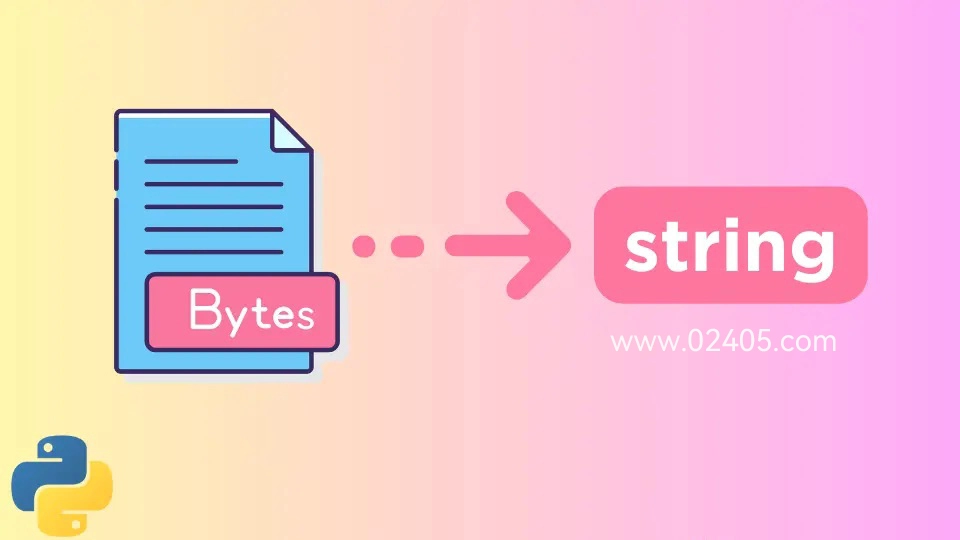使用PyThreadState_SetAsyncExc函数在子线程中引发异常,从而使线程提前结束。
示例代码如下:
import threading
import ctypes
import time
class thread_with_exception(threading.Thread):
def __init__(self, name):
threading.Thread.__init__(self)
self.name = name
def run(self):
# target function of the thread class
try:
while True:
print('running ' + self.name)
finally:
print('ended')
def get_id(self):
# returns id of the respective thread
if hasattr(self, '_thread_id'):
return self._thread_id
for id, thread in threading._active.items():
if thread is self:
return id
def raise_exception(self):
thread_id = self.get_id()
res = ctypes.pythonapi.PyThreadState_SetAsyncExc(thread_id,
ctypes.py_object(SystemExit))
if res > 1:
ctypes.pythonapi.PyThreadState_SetAsyncExc(thread_id, 0)
print('Exception raise failure')
t1 = thread_with_exception('Thread 1')
t1.start()
time.sleep(2)
t1.raise_exception()
t1.join()
把run()中执行的操作以参数的形式传递:
class KillableThread(threading.Thread):
"""
A thread class extending threading.Thread, provides a kill() method to stop the thread and a getResult() method to get the return value of the thread.
"""
def __init__(self, func: Callable, *args, **kwargs):
super().__init__()
self.func: Callable = func
self.funcArg: dict = kwargs
self.funcTup: Tuple = args
self.result: Any = None
self.exception: Any = None
def run(self):
"""
Executes the function here
"""
try:
self.result = self.func(*self.funcTup, **self.funcArg)
except BaseException as e:
self.exception = e
def get_id(self):
"""
Get the id of the thread
"""
if hasattr(self, '_thread_id'):
return self._thread_id
for id, thread in threading._active.items():
if thread is self:
return id
def kill(self):
"""
Stops the thread
"""
thread_id = self.get_id()
res = ctypes.pythonapi.PyThreadState_SetAsyncExc(thread_id,
ctypes.py_object(SystemExit))
if res > 1:
ctypes.pythonapi.PyThreadState_SetAsyncExc(thread_id, 0)
print('Exception raise failure')
def getResult(self):
if self.exception is None:
return self.result
else:
raise self.exception





